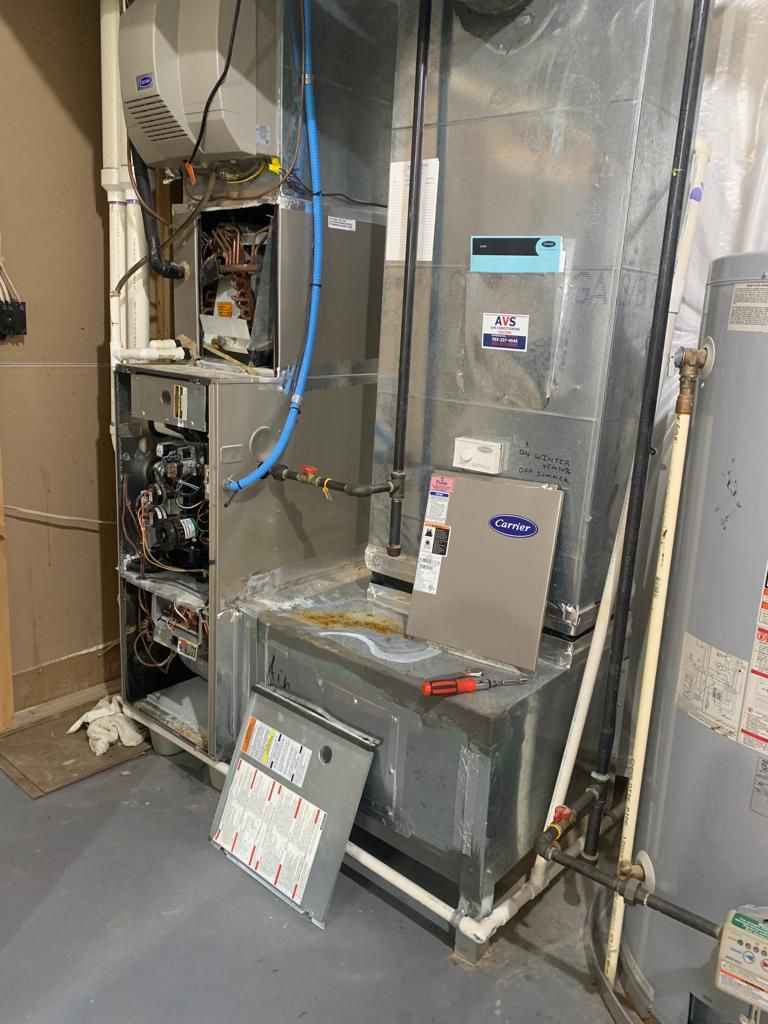
Your home heating system is a silent hero, working diligently behind the scenes to keep your living space warm and comfortable, especially during the cold winter months. However, like any mechanical system, it requires regular care and attention to ensure it functions optimally. In this article, we will delve into the reasons why routine maintenance is essential for home heating systems, shedding light on the importance of this proactive approach to home comfort and safety.
1. Optimal Performance and Efficiency
Routine maintenance is the key to unlocking the optimal performance of your home heating system. Over time, components such as filters, burners, and thermostats can wear out or become dirty, leading to decreased efficiency. Regular maintenance, including cleaning, lubrication, and adjustments, ensures that these components work seamlessly together, maximizing the system’s efficiency. An efficient heating system not only warms your home effectively but also helps you save on energy bills by minimizing wastage.
2. Preventing Costly Repairs
Addressing minor issues during routine maintenance can prevent them from escalating into major problems. Small glitches, if left unattended, can lead to significant breakdowns, requiring expensive repairs or even replacements. By conducting regular check-ups, technicians can identify and fix minor problems before they spiral out of control, saving you from the inconvenience and financial burden of unexpected repairs.
3. Ensuring Safety
Safety is paramount when it comes to home heating systems, especially those powered by gas or oil. Regular maintenance involves inspecting critical components, such as the heat exchanger and burner assembly, for signs of damage or wear. Identifying and repairing these issues promptly prevents potential hazards, such as carbon monoxide leaks or gas leaks. Prioritizing safety through routine maintenance ensures a secure living environment for you and your family.
4. Prolonging the Lifespan
Just like any other mechanical system, a well-maintained heating system tends to have a longer lifespan. Regular cleaning, lubrication, and part replacements ensure that the system operates within its intended parameters. By reducing wear and tear, routine maintenance can significantly extend the life of your heating system, saving you from the expense of premature replacements.
5. Maintaining Indoor Air Quality
Your home heating system not only regulates temperature but also plays a crucial role in indoor air quality. Dust, dirt, and debris can accumulate within the system, leading to poor air quality and potential health issues. During routine maintenance, technicians clean and replace filters, ensuring the air circulating in your home is clean and free of pollutants. This is especially important for individuals with allergies or respiratory conditions, as clean indoor air contributes to a healthier living environment.
6. Compliance with Manufacturer’s Warranty
Many heating systems come with manufacturer warranties that require regular maintenance to remain valid. By adhering to the maintenance schedule outlined in the warranty documentation, you not only ensure the longevity and efficiency of your heating system but also preserve the warranty coverage. Having a valid warranty can be immensely beneficial in case of unexpected malfunctions, as it can significantly reduce repair costs.
Conclusion
Routine maintenance is the foundation of a reliable, efficient, and safe home heating system. By investing in regular check-ups and minor repairs, homeowners can enjoy optimal performance, prevent costly breakdowns, ensure safety, prolong the system’s lifespan, maintain indoor air quality, and preserve the manufacturer’s warranty. Considering these benefits, scheduling routine maintenance for your home heating system isn’t just a wise choice—it’s a proactive step towards a cozy, worry-free living environment.


